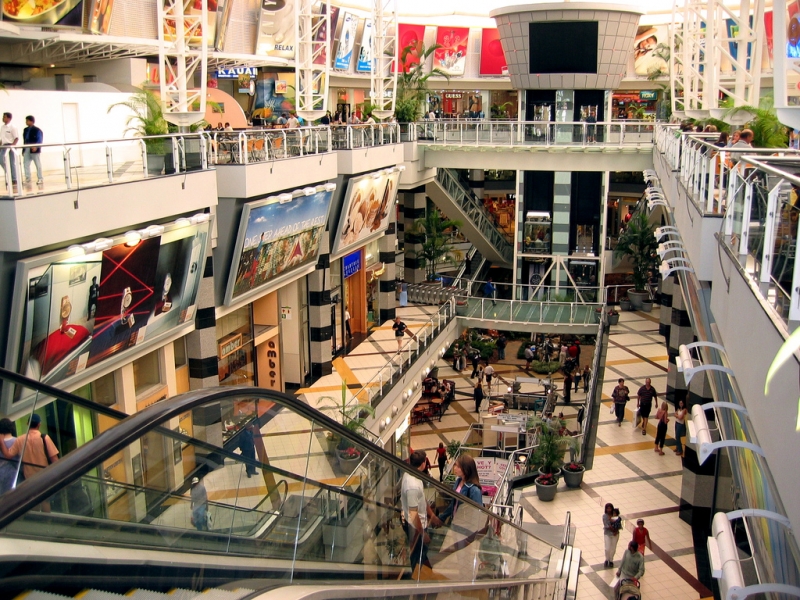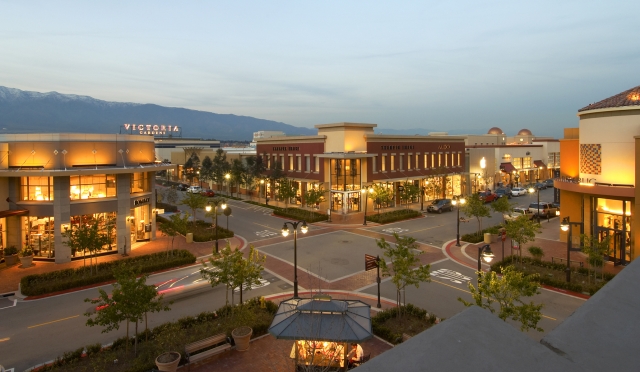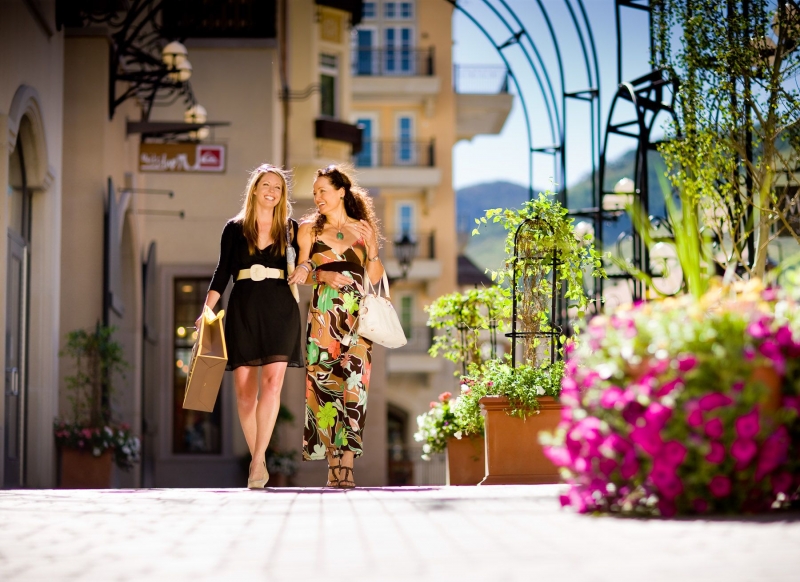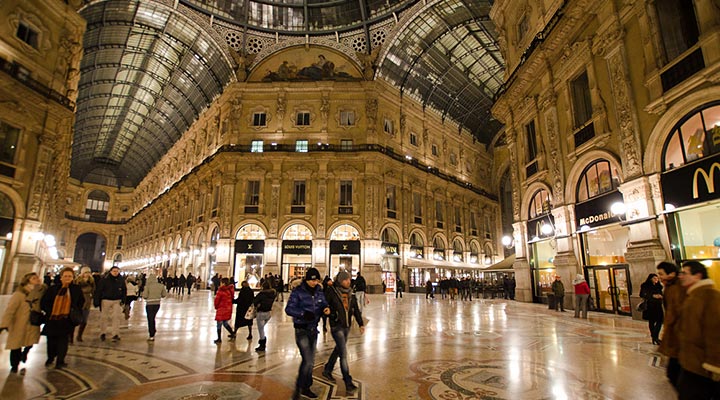Anastasia Balezdrova
Greece's financial crisis has decreased demand. Traders are complaining that days go by without any turnover, which has led to the closure of many shops. This is proven by the hundreds of empty windows with signs reading "For rent" or "For sale" and the phone number of the owner.
However, according to commentators, the crisis has contributed very little to the inevitable end of thousands of shops in Greece, since most of them have been opened simply because the owner did not want to deal with something else and especially because consumers could afford to support them.
Today, the situation is quite different. According to recent market research, from buyers for pleasure, Greeks have become very selective consumers who buy only the most necessary goods.

But despite the change in their financial situation, 38% of Athens residents said that they visited at least one shopping centre last month, and 47% of them even bought something - mainly clothes or shoes. According to the research carried out by Focus Bari and entitled "Nice to meet you, Greek Mall shopper", the number of men and women is almost equal or there is even a preponderance of men, and the most frequent visitors to shopping centres are in the age range between 13 and 24. The study was presented at the forum "Shopping Destinations", organised by Boussias Conferences in Athens.

75% of respondents like shopping centres simply because they can find everything they need in one place. 50% said that they preferred them to individual stores, because they have a good time there, even if they do not shop: they can go to a movie, eat or just have fun. Among the other advantages of shopping centres they noted infrastructure, services, parking, and free access for mothers with prams and wheelchairs, while parents of teens said that their children can have fun in a secure location.
At the opposite end of the spectrum, reported disadvantages included the fact that when a person visits the mall, he or she gets carried away easily and makes impulse purchases, as well as the fact that a car is needed in order to get there. The survey results showed that the trend is encouraging for shopping centres and negative for medium-sized stores.
One of the most interesting finds of the study is the fact that women take the decision about how to spend 75% of the income in a family, while shopping is at the top of their list of activities on their ideal day.

Problems in the commercial sector undoubtedly concern the local administration, too, as became clear from the presentation at the luxury Athens suburb of Kifissia, which is synonymous with spending money on world famous and expensive brands. "Kifissia has been a traditional destination for luxury purchases for more than 80 years. Following the beginning of the crisis, however, many world famous brands were forced to close their shops, not because of the rent or for lack of customers, but because of the fall in the level. And this is because currently fast food and ice cream eateries are being opened at the sites of former shops," stated Mayor of the suburb Nikos Hiotakis summarizing the situation.
He pointed out that, contrary to some opinions, residents of the suburbs are not opposed to shopping malls, but to restaurants which operate after 11:00 p.m. and appear in various places without complying with the time for rest.
Examples of what shopping centres should look like in order not only to attract city dwellers, but also to turn some of the cities into shopping destinations, were presented by managing director of architectural company Haskoll, Derek Barker.
He started his presentation with the observation that in recent decades the world has become smaller and, at least in terms of our behaviour and demands as consumers, differences are becoming more insignificant. Thus, regardless of cultural differences between people on the planet, shopping centres have emerged as preferred shopping sites worldwide.
"As experts say, there are no longer countries and continents, but 600 shopping centres. Users get familiar with the latest fashion trends and brands via the Internet. Our way of life has changed - we live in cities. Demographic changes are also present - more middle-aged people consider themselves young and look for interesting things," he listed some of the reasons for the success of the shopping centres.
According to him, the trend in terms of new shopping centres is towards having indoor and outdoor facilities, restaurants, trendy and comfortable design, integrated hotels and residential property with pleasant surroundings and environment, consistent with the ecological requirements of the era.

"Modern consumers want their visit to the shopping centre to be relaxing; they want to make their purchases in a pleasant atmosphere, go for lunch or dinner and, in general, have the feeling that they are on vacation," said the renowned architect. New shopping centres are now being built in city centres and surrounded by residential buildings, while old malls are being repaired, in order to attract visitors again.